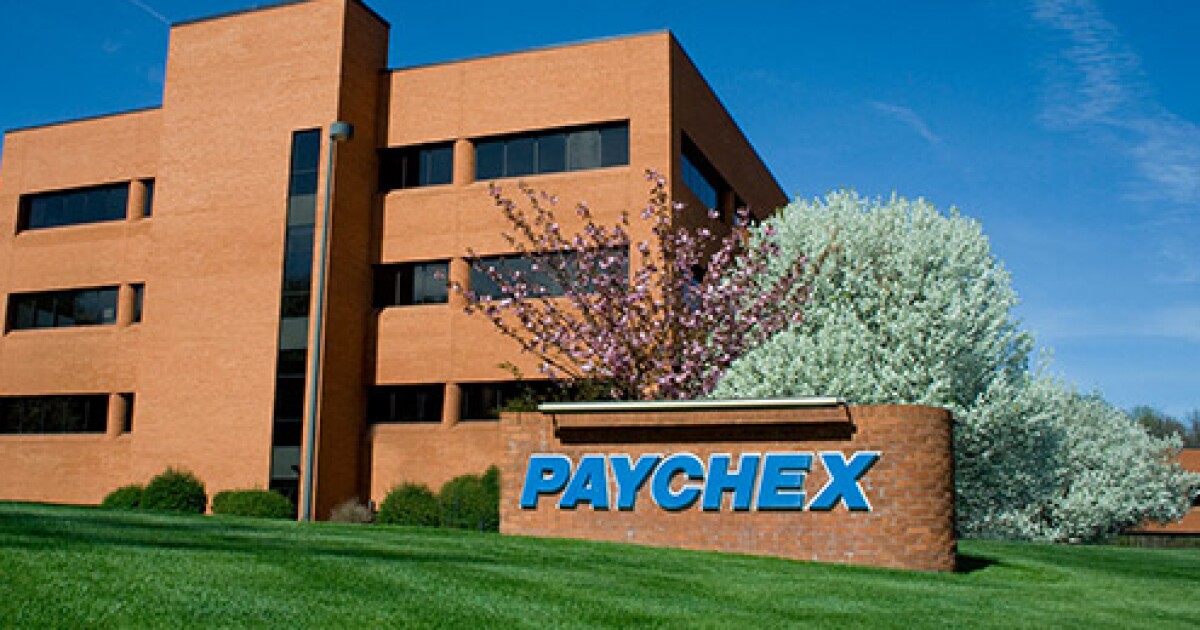Hourly earnings growth for employees at small businesses slowed this month to its lowest level since May 2021, according to a report Tuesday from payroll company Paychex, while hiring growth remained consistent with recent months.
The Paychex Small Business Employment Watch, which tracks U.S. businesses with fewer than 50 employees, found that hourly earnings growth for small business workers slowed to 2.82%, the lowest percentage in four years.
“Hourly earnings just continues to slow,” said Frank Fiorille, vice president of risk, compliance and data analytics at Paychex.
He noted that consumer confidence is also down, according to another report released Tuesday from the Conference Board that found its Consumer Confidence Index fell by 7.9 points in April to 86.0, the lowest level since May 2020. “We’re not seeing any recession data yet, but clearly there’s been a slowdown in the labor market,” said Fiorille.
Job growth ticked up slightly in April, gaining 0.27 percentage points to reach an index level of 100.02 on the Small Business Jobs Index component of the Paychex report. The index has averaged 99.99 over the past 12 months. Weekly hours worked growth (-0.17%) remained negative in April despite one-month annualized growth of 2.62%.
All four regional jobs indexes improved this month, led by a 0.81 percentage-point gain in the Midwest, which remains the top region for small business job growth for the 11th month in a row.
Ohio spiked 2.24 percentage points to an index level of 101.94 in April, ranking in first place among the states for the first time since Paychex began reporting in 2014, thanks to significant job growth gains in the trade, transportation and utilities sectors.
Minneapolis also reported strong job gains again in April, reaching an index level of 102.35, and topped the state rankings for the second month in a row.
The professional and business services sector gained 0.82 percentage points to reach a jobs index level of 100.36, marking the best one-month gain among industry sectors in April.
Fiorille hasn’t yet seen an impact from the Trump administration’s ramped up tariffs and deportations on small business payrolls, but has heard some anecdotal stories from clients.
“You’re definitely hearing a lot of stories about that, but we’re not really seeing that yet in the data,” he said. “That might be something that takes a little bit of time to work through when we might see that.”
He advises accountants to keep an eye on developments in Washington regarding tax and tariff policy as the tax reconciliation bill makes its way through Congress.
“Businesses are kind of frozen right now,” said Fiorille. “They’re waiting to see what happens with policy, and then they’ll take action. They’re holding onto employees, maybe not firing or laying them off and maybe doing things like reducing hours, or not hiring temp help or staffing firms.”


 Economics1 week ago
Economics1 week ago
 Blog Post6 days ago
Blog Post6 days ago
 Economics1 week ago
Economics1 week ago
 Accounting1 week ago
Accounting1 week ago
 Personal Finance1 week ago
Personal Finance1 week ago
 Economics7 days ago
Economics7 days ago
 Personal Finance1 week ago
Personal Finance1 week ago
 Finance1 week ago
Finance1 week ago












